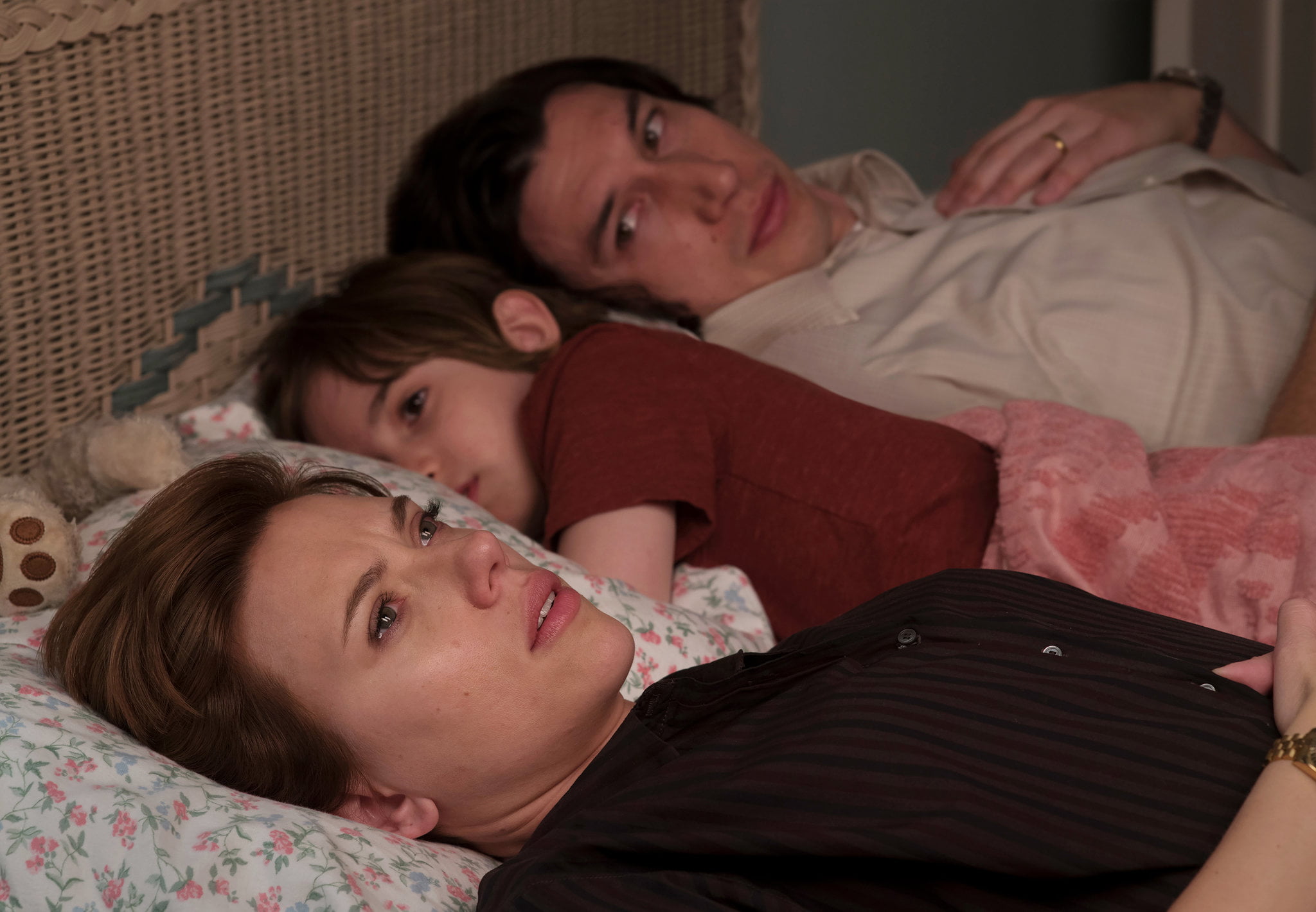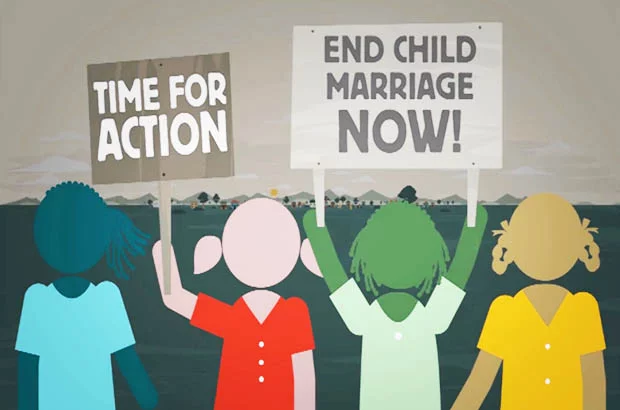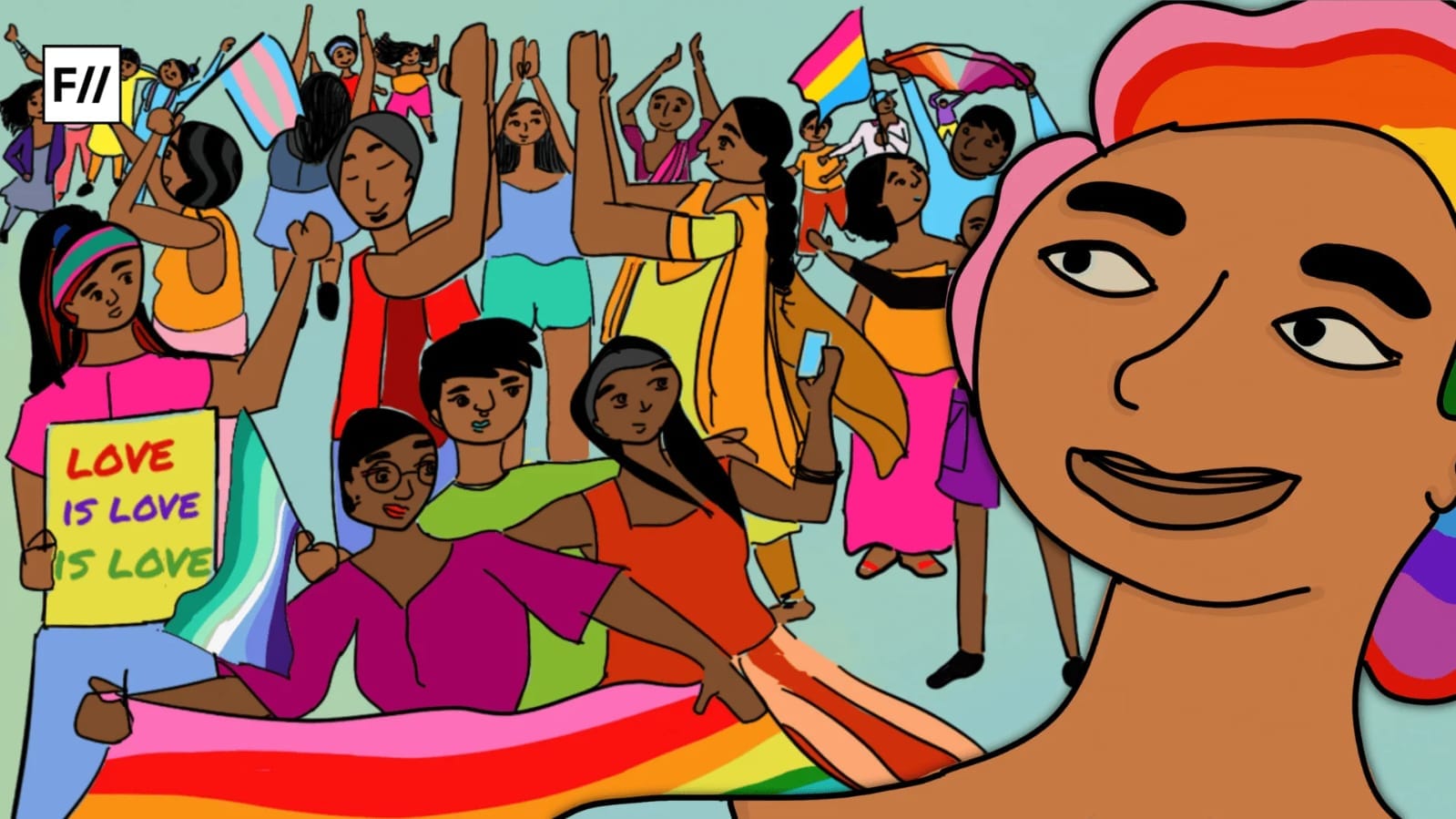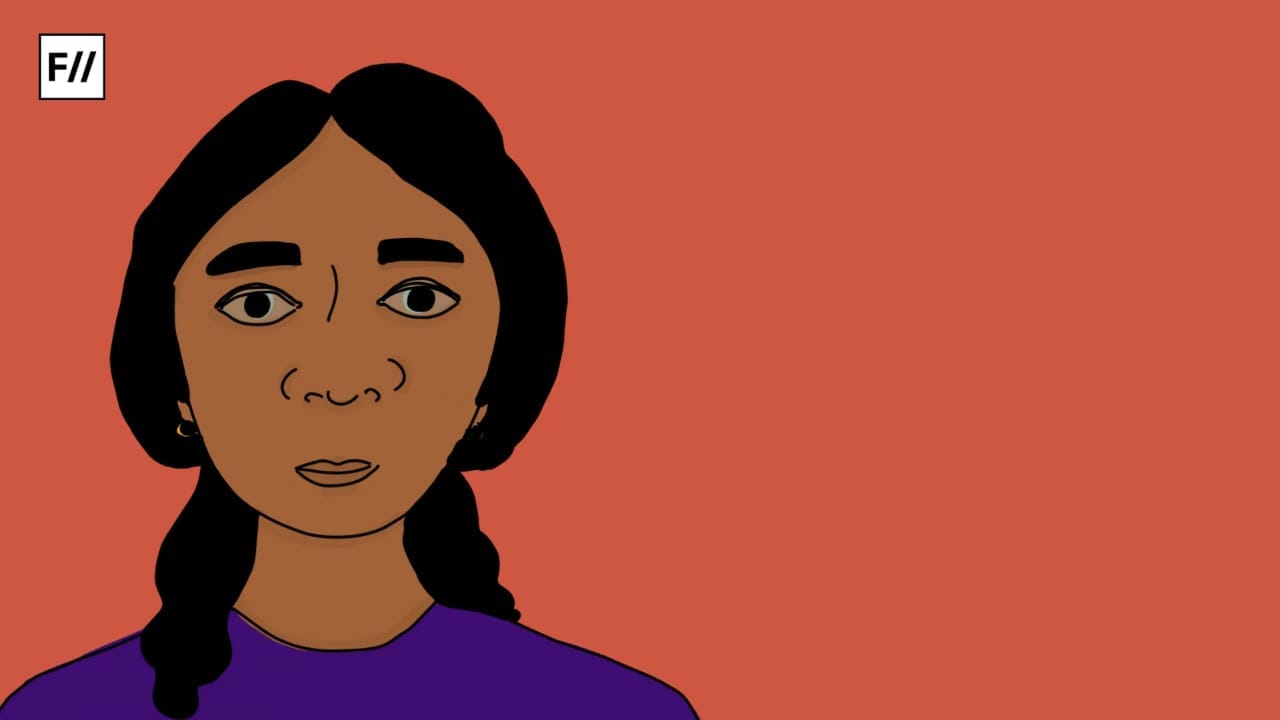Editor’s Note: This month, that is October 2020, FII’s #MoodOfTheMonth is Childhood and Relationship With Parents and Family, where we invite various articles to highlight the different experiences that we all have experienced in some form or the other in our birth or chosen families and have been negotiating with them everyday. If you’d like to share your article, email us at pragya@feminisminindia.com.
Children perceive and internalise the stereotypes of the world through families. They also see the world through the eyes of their parents. Through their color coded identities or sometimes something as innocent and harmless with the help of play toys. Stories and fables of childhood also reinforce and reflect on this age old practice. Growing up, I was, like everybody else, a larger part of hetero-normative patriarchal society. But my family had a culture of strong female characters who were opinionated—strong women voicing their concerns and taking up space whenever they felt the right to do so. This was quite evident during our dinner table conversations or evening chit chat. It was always rich with insights of politics, economics, policies and social issues, overlapping with the voices and concerns of not only women, but about humankind.
While I can say this because my family was embellished with such values as my father was raised by a single mother who toiled hard in her village land with their meager income to send my father to pursue his studies, and my mother was born and bred in the heart of Meghalaya, the neighboring state of Assam. And if you ever happen to know or read about Meghalaya somewhere, let me remind you of the fact that Meghalaya is a state that practices matrilineal and matrilocal kinship systems. Women there play a considerable major role in the matters regarding their property rights, inheritance, economic system and livelihoods.
Needless to say, growing up I saw both my parents as strong advocates of women’s rights and issues. My parents both juggled with their household duties and official commitments. But somewhere, while both my parents were quite stable, financially independent and assertive in their own rights, my father seemingly was very distant and emotionally unattached to his family needs. Growing up without a father must have been very hard for him as he lost his father at a very young age.
Fitting into the shoes of both of my parents was incredibly hard and difficult for her. We believe or as far as I can say, all the turmoil and the burden of the family that had fallen on my mother’s shoulders was due to our father’s emotional unavailability.
And we presume that he might have also some unsolved issues in his childhood which made him cease to express his feelings. Although, he champions for women’s rights unabashedly and unapologetically, I have hardly seen my father being emotionally vulnerable and volatile in front of any of us, let alone be supportive of any of our endeavors. As a result, both of his daughters increasingly had to find solace in their mother who was our only anchor.
Due to this, certain times, my mother had to overstep her boundaries and step into the shoes of both our parents. Thus, it had a lot of bearings on my mother. Fitting into the shoes of both of my parents was incredibly hard and difficult for her. We believe or as far as I can say, all the turmoil and the burden of the family that had fallen on my mother’s shoulders was due to our father’s emotional unavailability.
Also read: My Experience Of Discussing Childhood Trauma With Family
Coming from a disadvantaged caste and class my father in his heyday had to endure a lot. The intergenerational caste dynamic played a major role in his life chances. And it silenced him a bit for life. But this seems quite right and ordinary for Indian society to host silent, unavailable, exhausted and reclusive fathers and partners for Indian households where women bear the brunt of everything in the family.
Today, while recollecting the movie “Marriage Story”, (2019) I revisited a palatable scene that offers a dialogue and a conversation between the wife (played by Scarlett Johansson) and her lawyer that shows how men can easily evade the family responsibility and the society never expects or questions them for their lack of understanding and responsibility.
Of course, we as society have made it easy for them to evade the responsibility and vulnerability under the garb of toxic masculinity. And I don’t want to complicate things further from here. But why is it so easy for them to be so restraint, reclusive and emotionally numb? I have tried and so has my sister to make things better with our father and to seek for these answers.
But the answer is within. It is the same set of patriarchy that flourishes deep under our noses and we don’t bother to keep a check on it. As usual because we expect our mothers, daughters, sisters to lead the way into this space. Often, in our society, marriage precedes family. But if the family is based on an unequal equation and distribution of resources is it necessarily a family of solidarity and oneness?
Also read: A Marxist-Feminist Reading Of Sexual Division of Labour In Family
Krittika is a graduate in Sociology and Social Anthropology from TISS Guwahati. She likes to have a conversation with everyone with a cup of coffee with respect and inclusivity served at the table. She is an ally and an educator, who believes arts can bring a change in the face of education. She does not pretend to know it all! She is still exploring and discovering new things everyday.You can find her on Instagram and Facebook.
Featured Image Source: The New York Times




